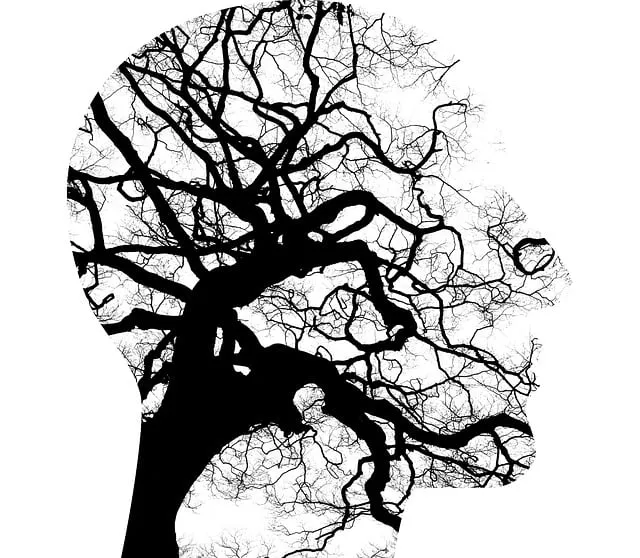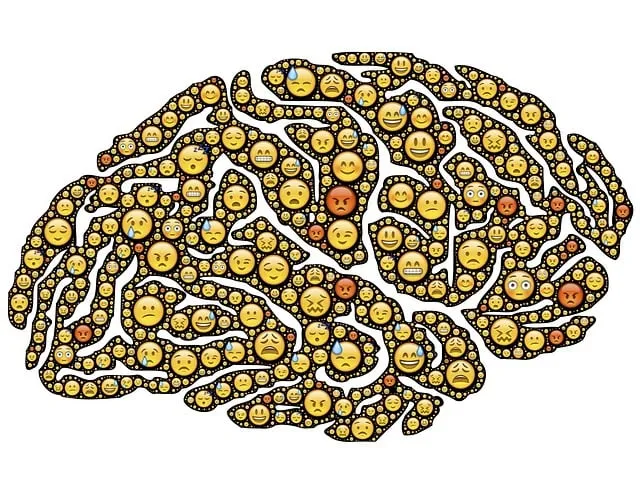The Northglenn Kaiser Permanente mental health facility has developed comprehensive self-assessment tools to empower individuals in managing their mental wellness proactively. These tools track symptoms, identify triggers, and promote holistic well-being through stress management workshops, self-care routine development, and crisis intervention guidance. User-friendly interfaces and rigorous validation ensure accuracy, while personalized recommendations based on assessment outcomes enhance patient care and public awareness of mental health. Evaluations measure the impact and effectiveness of these tools, informing future iterations and contributing to evidence-based interventions for better mental wellness management.
At Northglenn Kaiser Permanente mental health facility, there’s a growing demand for accessible self-assessment tools to empower individuals in understanding their mental wellness. This article explores the development of comprehensive, user-friendly self-assessment tools tailored to the unique needs of this population. We delve into identifying key components, designing accurate assessments, integrating them into treatment plans, and measuring their impact. By focusing on these aspects, we aim to enhance mental health support at Northglenn Kaiser Permanente and beyond.
- Understanding the Need for Self-Assessment Tools at Northglenn Kaiser Permanente Mental Health Facility
- Identifying Key Components of a Comprehensive Mental Wellness Self-Assessment
- Designing User-Friendly and Accurate Assessment Tools
- Integrating Self-Assessments into Treatment Plans at the Mental Health Facility
- Measuring Success: Evaluating the Impact and Effectiveness of Developed Self-Assessment Tools
Understanding the Need for Self-Assessment Tools at Northglenn Kaiser Permanente Mental Health Facility

At Northglenn Kaiser Permanente mental health facility, the need for comprehensive self-assessment tools is paramount. With a growing recognition of the importance of proactive mental wellness management, these tools play a crucial role in empowering individuals to take charge of their psychological well-being. Many patients at the facility grapple with stress, anxiety, and other mental health challenges that require ongoing monitoring and intervention. Self-assessment tools offer a means to track symptoms, identify triggers, and gain insights into personal coping mechanisms—all essential components for effective self-care.
By integrating these tools into their services, Northglenn Kaiser Permanente can facilitate patient engagement in their own healing process. The facility’s commitment to providing accessible resources such as Stress Management Workshops Organization, Self-Care Routine Development for Better Mental Health, and Crisis Intervention Guidance is a step towards fostering a supportive environment. These initiatives not only equip individuals with practical strategies but also encourage a proactive approach to mental health management, ultimately enhancing overall well-being.
Identifying Key Components of a Comprehensive Mental Wellness Self-Assessment

When developing a mental wellness self-assessment tool at a Northglenn Kaiser Permanente mental health facility, the first step is identifying key components that encompass holistic mental well-being. This involves factoring in not only symptoms of common mental health disorders but also individual resilience, coping strategies, and personal definition of mental wellness. A comprehensive assessment should consider aspects like emotional awareness, stress management skills, self-care practices, social connections, and access to support systems. Incorporating these elements allows for a nuanced understanding of each individual’s mental health landscape, tailored to their unique needs and experiences.
For instance, the Stress Management Workshops Organization offers valuable resources on effective stress reduction methods that can be integrated into the assessment process. Promoting self-care routine development for better mental health is another critical component. Assessing individuals’ current strategies for coping with stress and providing guidance on evidence-based practices, such as mindfulness or cognitive behavioral therapy techniques, can empower them to take control of their mental wellness. By addressing these areas, the Northglenn Kaiser Permanente facility’s self-assessment tool can serve as a powerful instrument to facilitate personalized interventions and support for optimal mental health outcomes.
Designing User-Friendly and Accurate Assessment Tools

Designing user-friendly and accurate assessment tools is a critical aspect of developing mental wellness self-assessment resources at Northglenn Kaiser Permanente mental health facility. These tools play a pivotal role in empowering individuals to take charge of their mental well-being. By creating intuitive interfaces, the facility aims to encourage users to engage honestly with questions related to their thoughts, feelings, and behaviors. Incorporating features like clear language, simple navigation, and visually appealing designs can make the assessment process less daunting and more accessible, especially for those new to self-reflection exercises.
Moreover, ensuring accuracy involves rigorous validation methods, drawing on expert input from mental health professionals. This collaborative approach helps tailor questions to capture relevant symptoms and concerns specific to the Northglenn Kaiser Permanente context, aligning with best practices in public awareness campaigns development and social skills training. Integrating self-care practices into these tools can further enhance their value by offering personalized recommendations based on assessment outcomes, fostering a holistic approach to mental wellness.
Integrating Self-Assessments into Treatment Plans at the Mental Health Facility

At the Northglenn Kaiser Permanente mental health facility, integrating self-assessment tools into treatment plans has emerged as a powerful strategy to enhance patient care and outcomes. These assessments provide valuable insights into individuals’ mental wellness states, allowing for personalized interventions that target specific concerns such as anxiety relief or resilience building. By incorporating self-assessments early in the treatment process, mental health professionals can quickly identify areas of distress and tailor their approaches accordingly.
This proactive approach not only benefits individual patients but also contributes to public awareness campaigns development by promoting a more holistic understanding of mental wellness. Self-assessment tools help normalize conversations around mental health, encouraging open dialogue and fostering environments where individuals feel comfortable seeking support. As these assessments become more integrated into standard care practices, the Northglenn Kaiser Permanente mental health facility sets an example for other facilities to follow, ultimately driving positive changes in mental health treatment accessibility and effectiveness.
Measuring Success: Evaluating the Impact and Effectiveness of Developed Self-Assessment Tools

Measuring success in mental wellness self-assessment tool development involves evaluating their impact and effectiveness. At Northglenn Kaiser Permanente mental health facility, this process is paramount to ensure that the tools cater to the unique needs of individuals seeking support for conditions like depression prevention, resilience building, and mood management. Through rigorous assessments, researchers can gauge not only how well the tools identify risk factors or promote positive changes but also their ability to foster lasting behavioral shifts.
By examining user feedback, clinical outcomes, and statistical analyses, it becomes possible to determine if these self-assessment tools are making a meaningful difference in people’s lives. Such evaluations inform future iterations, ensuring continuous improvement and aligning tool development with best practices in mental health care. This iterative approach not only enhances the accuracy and utility of the assessments but also contributes to evidence-based interventions that address pressing mental wellness issues effectively.
The development of mental wellness self-assessment tools tailored for the Northglenn Kaiser Permanente mental health facility is a significant step towards enhancing patient care. By incorporating comprehensive assessments, user-friendly interfaces, and effective integration into treatment plans, these tools empower patients to actively participate in their mental health management. The successful implementation at this facility demonstrates the potential for improving access to care and patient outcomes, setting a valuable precedent for similar mental health centers.






